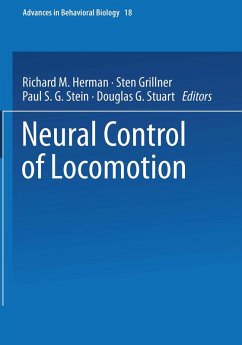
Nonviolence and Peace Psychology (eBook, PDF)
Versandkostenfrei!
Sofort per Download lieferbar
80,95 €
inkl. MwSt.
Weitere Ausgaben:

PAYBACK Punkte
40 °P sammeln!
Recent trends and events worldwide have increased public interest in nonviolence, pacifism, and peace psychology as well as professional interest across the social sciences. Nonviolence and Peace Psychology assembles multiple perspectives to create a more comprehensive and nuanced understanding of the concepts and phenomena of nonviolence than is usually seen on the subject. Through this diverse literature-spanning psychology, political science, religious studies, anthropology, and sociology-peace psychologist Dan Mayton gives readers the opportunity to view nonviolence as a body of principles...
Recent trends and events worldwide have increased public interest in nonviolence, pacifism, and peace psychology as well as professional interest across the social sciences. Nonviolence and Peace Psychology assembles multiple perspectives to create a more comprehensive and nuanced understanding of the concepts and phenomena of nonviolence than is usually seen on the subject. Through this diverse literature-spanning psychology, political science, religious studies, anthropology, and sociology-peace psychologist Dan Mayton gives readers the opportunity to view nonviolence as a body of principles, a system of pragmatics, and a strategy for social change. This important volume:
Although more attention is traditionally devoted to violence and aggression within the social sciences, Nonviolence and Peace Psychology reveals a robust knowledge base and a framework for peacebuilding work, granting peace psychologists, activists, and mediators new possibilities for the transformative power of nonviolence.
- Draws critical distinctions between nonviolence, pacifism, and related concepts.
- Classifies nonviolence in terms of its scope (intrapersonal, interpersonal, societal, global) and pacifism according to political and situational dimensions.
- Applies standard psychological concepts such as beliefs, motives, dispositions, and values to define nonviolent actions and behaviors.
- Brings sociohistorical and cross-cultural context to peace psychology.
- Analyzes a century's worth of nonviolent social action, from the pathbreaking work of Gandhi and King to the Courage to Refuse movement within the Israeli armed forces.
- Reviews methodological and measurement issues in nonviolence research, and suggests areas for future study.
Although more attention is traditionally devoted to violence and aggression within the social sciences, Nonviolence and Peace Psychology reveals a robust knowledge base and a framework for peacebuilding work, granting peace psychologists, activists, and mediators new possibilities for the transformative power of nonviolence.
Dieser Download kann aus rechtlichen Gründen nur mit Rechnungsadresse in A, B, BG, CY, CZ, D, DK, EW, E, FIN, F, GR, HR, H, IRL, I, LT, L, LR, M, NL, PL, P, R, S, SLO, SK ausgeliefert werden.













